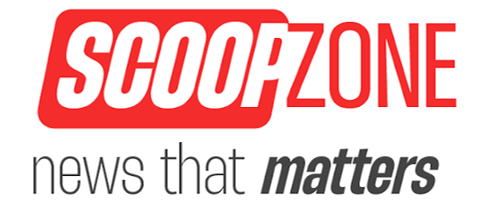According to a report from Sky News, fashion giant Shein is poised to discreetly file an initial public offering (IPO) prospectus with the Financial Conduct Authority (FCA) in London. If this proceeds, it could be one of the most significant IPOs on the UK stock market in recent years.
Although Shein has kept most details of its planned public launch under wraps, the company, reportedly valued at around £50 billion, could begin trading publicly as early as this summer or early autumn.
Shein opted for the UK stock market after its attempts to go public in the US were halted due to objections from US politicians. Concerns were raised about anti-competitive practices, potential national security threats, and allegations of using slave labour. Additionally, Shein is currently being sued by rival Temu for alleged anti-competitive behaviour.
Regarding the potential UK listing, even if the prospectus is filed, Shein’s IPO in the UK is not guaranteed. The UK’s listing authorities must still approve the IPO.
If the IPO proceeds, it could invigorate the London Stock Exchange (LSE), which has seen several companies, including Flutter Entertainment, Arm Holdings, and Tui, shift to the US stock market recently.
The European Union has recently indicated it might end tax breaks for Shein and other discount online retailers like Temu.
These tax breaks have allowed parcels valued under €150 to enter the EU without customs duties and checks, enabling Shein and Temu to offer steep discounts compared to European retailers. However, this exemption complicates verifying whether parcels meet EU regulations.
Temu has accused Shein of anti-competitive practices, such as pressuring suppliers to sign exclusivity agreements and filing numerous copyright takedown notices to threaten Temu sellers.
Shein has also faced accusations of plagiarising small businesses and designers, including knitwear designer Bailey Prado, who claims her entire collection was copied by Shein.
Additionally, Shein has come under fire from US authorities for allegedly violating the Uyghur Forced Labour Prevention Act by not disclosing that it sourced cotton from Xinjiang.
The Chinese government and several businesses have been accused of exploiting the predominantly Muslim Uyghur community for forced labour in the Xinjiang region, leading to several Chinese companies being blacklisted by the US.











Add Comment